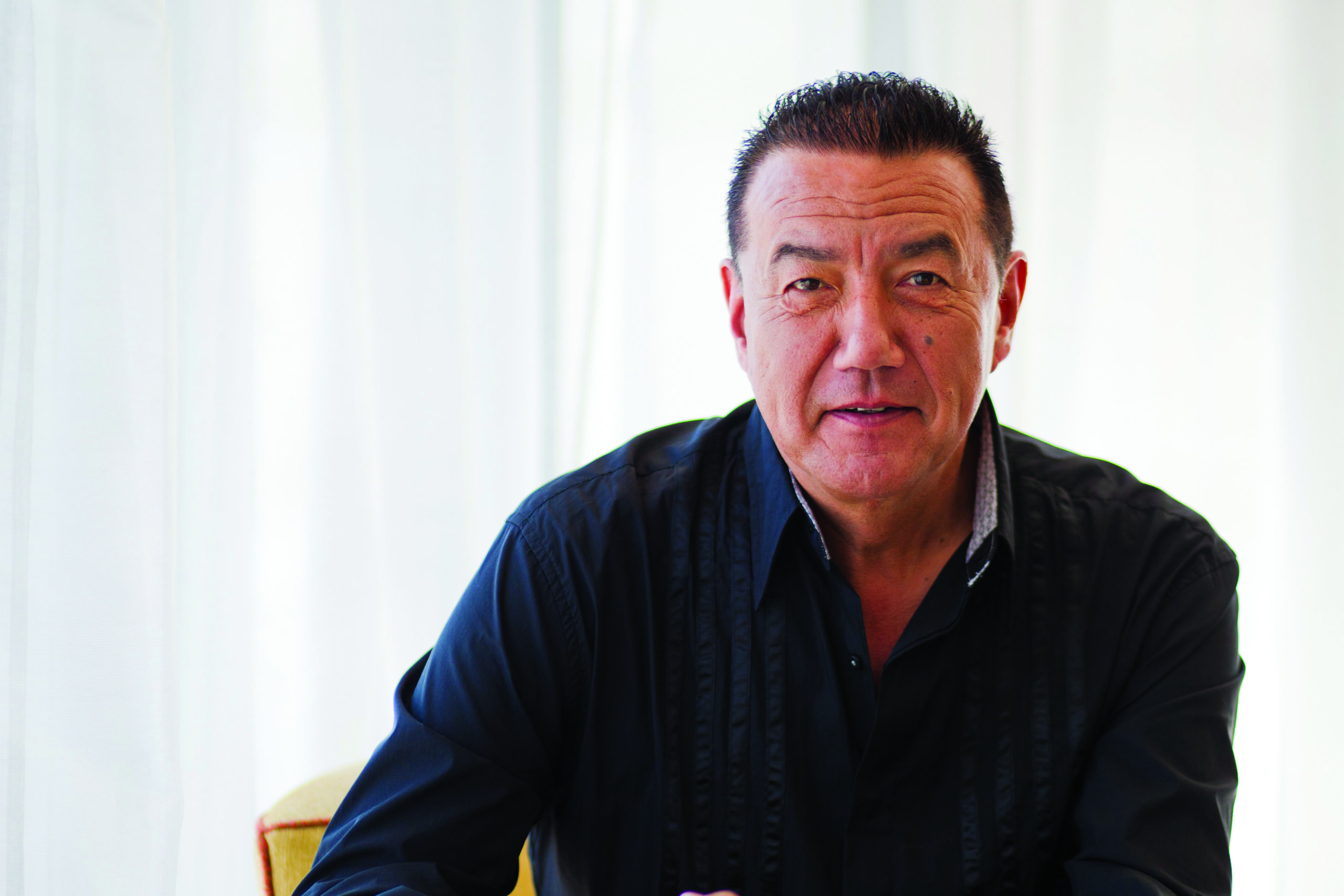From its obscure beginnings as an oral tradition among the Wendat people in Lorette, Que. (now called Wendake), the Huron Carol, or Jesous Ahatonnia, has grown in popularity and become one of the best-loved Christmas carols in Canada. It is performed widely across the country every December, and there are hundreds of recorded versions on YouTube. Here are six versions that capture the diversity of interpretations of Jesous Ahatonnia.
1) An Aboriginal Carol, by David Bouchard, Moses Beaver and Susan Aglukark
Jesous Ahatonnia is most strongly connected to the history of the Wendat people, but the song has been embraced by artists from many other Indigenous nations as well. In 2007, three Indigenous artists, David Bouchard, Moses Beaver and Susan Aglukark collaborated to reinterpret Jesous Ahatonnia. The result was An Aboriginal Carol, a picture book and CD featuring Bouchard’s own lyrics to the song in English (and translated into Inuktitut), illustrations by Beaver, and an audio recording of the Inuktitut version by Aglukark. In this video, Bouchard reads his English words and Aglukark sings the Inuktitut version while the viewer is treated to Beaver’s colour paintings.
2) Tom Jackson’s Huron Carole
Tom Jackson is likely the Indigenous artist most often associated with the Huron Carol. He sings it often and even named his annual Christmas charity concert after it.
In this recording, Jackson sings the Middleton English lyrics, accompanied by finger-picked guitar and back-up singers.
3) The Healey Willan arrangement
English Canada took a quick interest in the Huron Carol after Jesse Middleton’s interpretation was published in 1927. A long list of composers have scored arrangements of the song since then.
The anglo-Catholic organist Healey Willan was one of the first to do so in 1954. Here is a recording of Willan’s arrangement made in 1999.
4) Heather Dale’s multi-lingual recording
Originally written in Wendat, the Huron Carol survived in that language even after the Indigenous community at Wendake stopped speaking it. But it wasn’t until French and then English translations were made in the 19th and 20th centuries that the song gained widespread notoriety. In this rendition, celtic musician Heather Dale sings in Wendat, French and English. The English words Dale uses are not the common ones by Jesse Middleton, which do not reflect the original Wendat words. Dale sings a more accurate translation of the Wendat lyrics instead.
5) A Mi’kmaw version
In the last few decades, Jesous Ahatonnia has been translated into Indigenous languages other than the original Wendat, illustrating the song’s resonance with Indigenous people from various nations and cultures. In this recording, the Eskasoni Trio sings a Mi’kmaw translation made by Mildred Milliea.
6) Bruce Cockburn’s Wendat performance
For his 1993 album, Christmas, Bruce Cockburn wanted to record a version of the Huron Carol. But, aware of the problematic history of Jesse Middleton’s English translation, he learned the original Wendat words instead.















